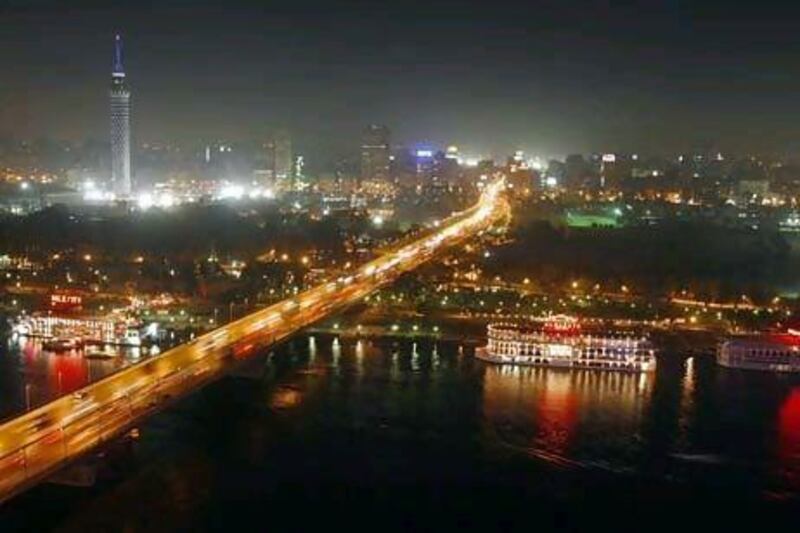Two Dubai developers remain locked in land disputes with Egyptian authorities at a time when UAE companies are planning billions of dirhams of property projects throughout Cairo.
Al-Futtaim Group and Damac Properties are both still caught up in negotiations over land purchased in the years before Hosni Mubarak was ousted from the leadership in Egypt.
Al-Futtaim is awaiting a 2 billion Egyptian pound (Dh1.2bn) loan from a consortium of banks to help to finish its Cairo Festival City project, a sprawling retail and residential development in New Cairo, to the east of the capital that is currently being constructed and funded solely using equity.
The loan from banks cannot be accessed until a dispute over the amount paid for the land is resolved.
"We are moving with Cairo Festival City, we are not stopping," said Marwan Shehadeh, the director of corporate development at Al-Futtaim. "The dispute is still being resolved but we are positive with the government authorities. That's why we have committed to do more."
Al-Futtaim announced last week that it had partnered with Emaar Properties to develop the 5 billion Egyptian pound Cairo Gate project, a residential, office and retail and entertainment development, including a mega mall.
The Cairo Gate development will spread across 160 acres along the Cairo-Alexandria road.
Al-Futtaim previously said that it had spent more than 2.7bn Egyptian pounds on Cairo Festival City, before any construction costs.
Mr Shahedeh said Al-Futtaim was working to resolve the dispute over the Cairo Festival City land with the ministry of housing, the ministry of investment and the prime minister's office.
"The issue is the land title. We were supposed to get it a while ago," he said.
He added the key sticking point was that the new authorities in Egypt were asking for additional payments on top of what was originally paid for the land.
With construction ongoing despite the dispute, Al-Futtaim hopes to resolve the issue before the completion deadline of the complex in May.
"We hopefully will resolve this issue before we open," said Mr Shehadeh.
Damac declined to comment on the details of its dispute, other than to concede that it was still seeking a resolution with Egyptian authorities.
It is developing Hyde Park, a 1,500-hectare housing development east of Cairo. In 2009, Egypt's Housing and Development Bank bought a 39 per cent stake in Damac's Egyptian venture.
UAE developers are investing heavily in retail, residential and commercial developments in Egypt.
Emaar Misr, the Egyptian arm of Emaar, has three other major projects in Cairo, while Majid Al Futtaim last month awarded a US$400 million (Dh1.46bn) construction contract on its Mall of Egypt project to Orascom Construction Industries.
The development plan for Mall of Egypt will create 9,000 jobs during construction and 7,000 permanent jobs following completion.





